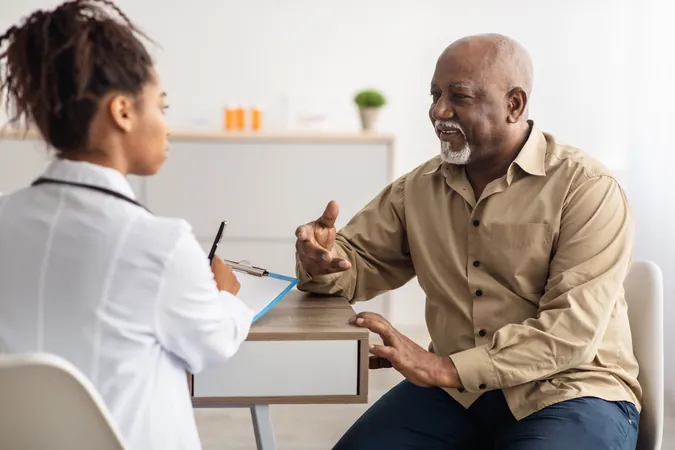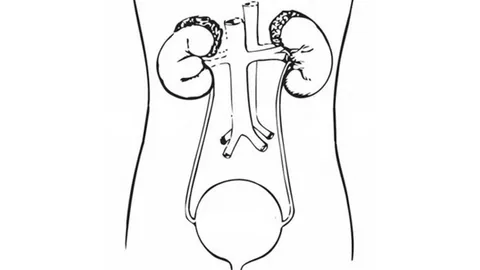
How Simple Conversations About Exercise Could Save Lives: New Study Highlights the Importance for Older Cancer Patients
2024-09-30
In a groundbreaking study presented at the 2024 ASCO Quality Care Symposium, researchers Lu and Zheng revealed that communication between healthcare providers and older cancer patients regarding physical activity is crucial in minimizing fall risks during treatment.
Why It Matters
Falls can be detrimental for anyone, but they pose an even greater risk for those undergoing cancer treatment, particularly older adults.
As lead study author Dr. Chuan Lu from Dana-Farber Cancer Institute notes, "Older patients often face poorer recovery outcomes following a fall." The study was initiated to better understand how these important conversations about physical activity are taking place and to identify gaps in communication that may leave patients at risk.
Study Overview and Findings
The study analyzed data from over 100,000 Medicare patients aged 65 and older who were in cancer therapy between 2018 and 2022.
Alarmingly, about 30% of these individuals experienced falls, yet more than half (approximately 56.8%) initiated conversations with their healthcare providers about how to use physical activity to reduce this risk.
However, only a slightly smaller percentage (51.4%) reported receiving specific advice to boost their activity levels.
The results were telling. Patients who engaged in discussions or received advice about physical activity had a significantly reduced fall risk—21.4% lower for those who initiated conversations and 21.6% for those who acted on the advice given.
This indicates that simple dialogues can have powerful implications for safety and health outcomes in this vulnerable population.
An analysis of different cancer types unveiled that those with lung, colorectal, or prostate cancer who had conversations about exercise saw reduced fall risks.
The link might stem from their higher baseline fall risk due to the nature of their illnesses and treatments.
Notably, lung and colorectal cancers can affect essential functions such as breathing and digestion, further complicating physical activity, while prostate cancer treatments may impair physical function due to their side effects.
The Bigger Picture
With the evidence stacking up, the researchers plan to investigate not just the benefits of these conversations, but also the barriers that might prevent them from happening.
Understanding these factors at multiple levels—healthcare systems, providers, and patients—is key to enhancing safety protocols for older cancer patients.
Dr. Eleonora Teplinsky, a medical oncologist at Valley Health System, emphasized the significance of this study, stating, "This demonstrates a 21% reduction in fall risk among patients over 65 who talked with their [physicians] about physical activity."
While the specifics of the type or amount of activity remain unclear, the overarching message is clear: encouraging physical activity should be integrated into the standard care protocol for cancer patients.
In conclusion, fostering open dialogues around physical activity can not only improve patient confidence but potentially save lives.
So, if you or a loved one are undergoing cancer treatment, don’t hesitate—ask your healthcare provider about physical activity options today!





 Brasil (PT)
Brasil (PT)
 Canada (EN)
Canada (EN)
 Chile (ES)
Chile (ES)
 España (ES)
España (ES)
 France (FR)
France (FR)
 Hong Kong (EN)
Hong Kong (EN)
 Italia (IT)
Italia (IT)
 日本 (JA)
日本 (JA)
 Magyarország (HU)
Magyarország (HU)
 Norge (NO)
Norge (NO)
 Polska (PL)
Polska (PL)
 Schweiz (DE)
Schweiz (DE)
 Singapore (EN)
Singapore (EN)
 Sverige (SV)
Sverige (SV)
 Suomi (FI)
Suomi (FI)
 Türkiye (TR)
Türkiye (TR)